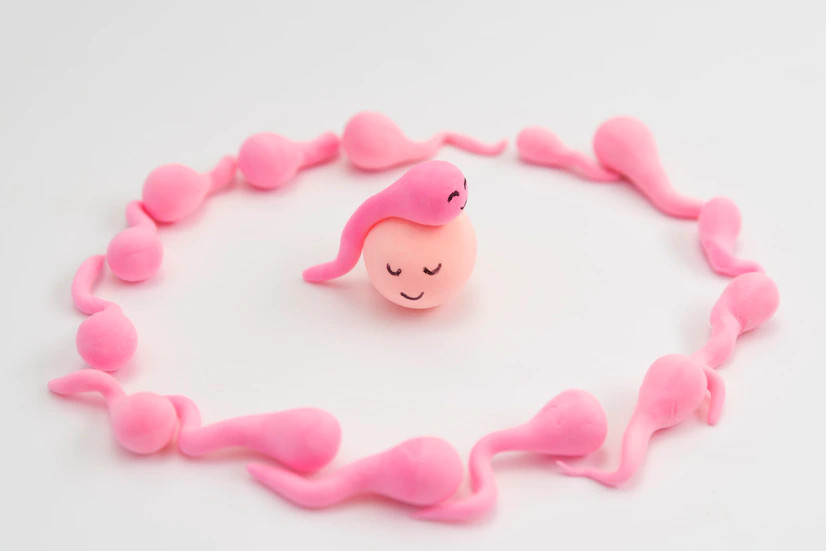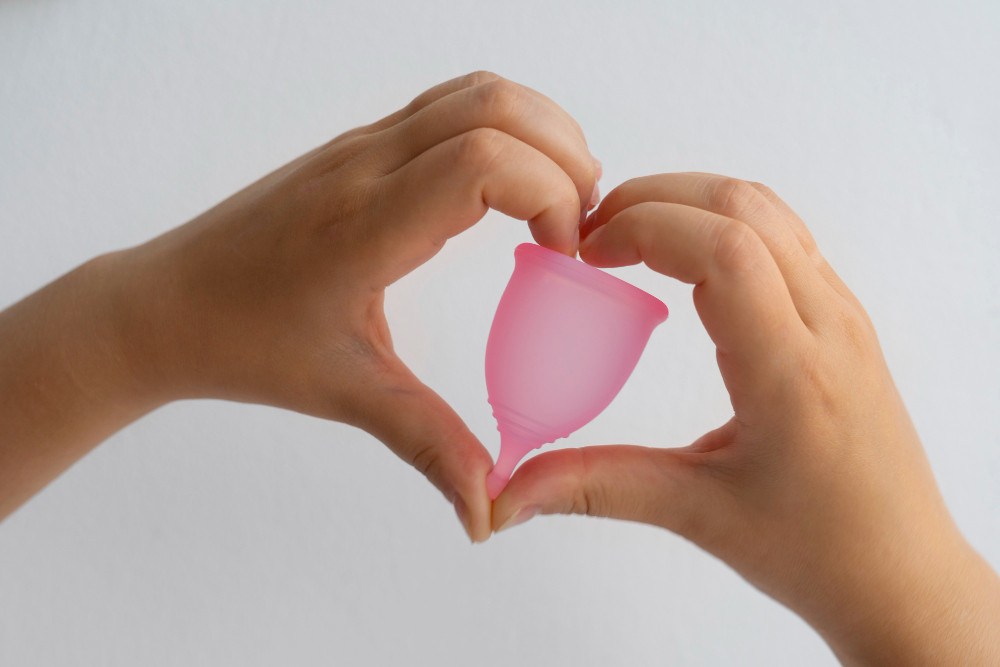Infertility, or the inability to conceive, is a common condition that women may experience. This condition causes a delay in pregnancy for women.
To solve this problem, it is important to understand what can affect a woman's fertility.
Things That Affect Female Fertility
Age
Age has a significant impact on female fertility. The peak of female reproduction is between the late teens and late 20s.
By the age of 30, the ability to conceive begins to decline. This decline accelerates when you reach your mid-30s. By the age of 45, fertility has declined so much to the point where some women can no longer conceive naturally.
In addition, the number of eggs will also decrease with age. The remaining eggs at older ages tend to have abnormal chromosomes.
Genetic factors
Genetic factors can influence female fertility. Genetic disorders such as Turner syndrome, Kallmann syndrome, and fragile X chromosome premutations can all cause fertility issues.
Turner syndrome and X chromosome premutation, for example, cause primary ovarian insufficiency. This condition causes the ovaries to stop functioning before the age of 40. When this occurs, the egg cannot develop properly, and you are no longer able to ovulate.
Hormones
Some women with impaired fertility experience infrequent or no ovulation. This ovulation disorder may be caused by changes in how certain hormones are released from the hypothalamus.
Normally, the hypothalamus secretes gonadotropin-releasing hormone (GnRH), while the pituitary gland secretes luteinizing hormone (LH) and follicle-stimulating hormone. LH and FSH will signal the egg to develop and be released from the ovary.
When this LH and FSH process is disrupted by various factors, the egg may not be released from the ovary.
Female anatomical conditions
Infertility can also be caused by female anatomical conditions, which include post-infectious tubal damage, endometriosis, and congenital uterine disease. These anatomical conditions lead to infertility, miscarriage, and other pregnancy complications.
Pelvic inflammatory disease is the leading cause of tubal damage. To treat this, surgery is the most effective option.
Lifestyle
A woman's fertility can be influenced by her lifestyle choices. Unhealthy lifestyles, like smoking, for example, can lead to infertility.
Smoking reduces ovarian reserve and causes chromosomal damage to a woman's eggs. Women who actively smoke are estimated to reach menopause one to four years earlier than nonsmokers.
Another lifestyle factor that also affects fertility is being overweight or underweight. Obesity, in fact, also increases the risk of several chronic diseases, including heart disease, diabetes, and high blood pressure.
Lifestyle Changes to Improve Fertility
In addition to genetics and a woman's anatomical condition, making healthy lifestyle changes can significantly impact a woman's fertility. Healthy lifestyle choices can protect fertility and thus lower the risk of infertility.
To protect your fertility, do the following:
- Quit smoking
- Limit alcohol and caffeine intake
- Limit excessive physical activity or vigorous exercise to less than 5 hours per week
- Avoid exposure to toxic substances like pesticides that can affect female fertility
Visit your doctor if you think you have fertility problems. The doctor will conduct an examination and recommend the best treatment and medication for your fertility.
If you need medical advice or consultation, you can either visit a doctor or make use of the consultation features that are available in the Ai Care application by downloading the Ai Care application from the App Store or Play Store.
Looking for more information about pregnancy, breastfeeding, and the health of women and children? Click here!
- Sean Edbert Lim, MBBS











